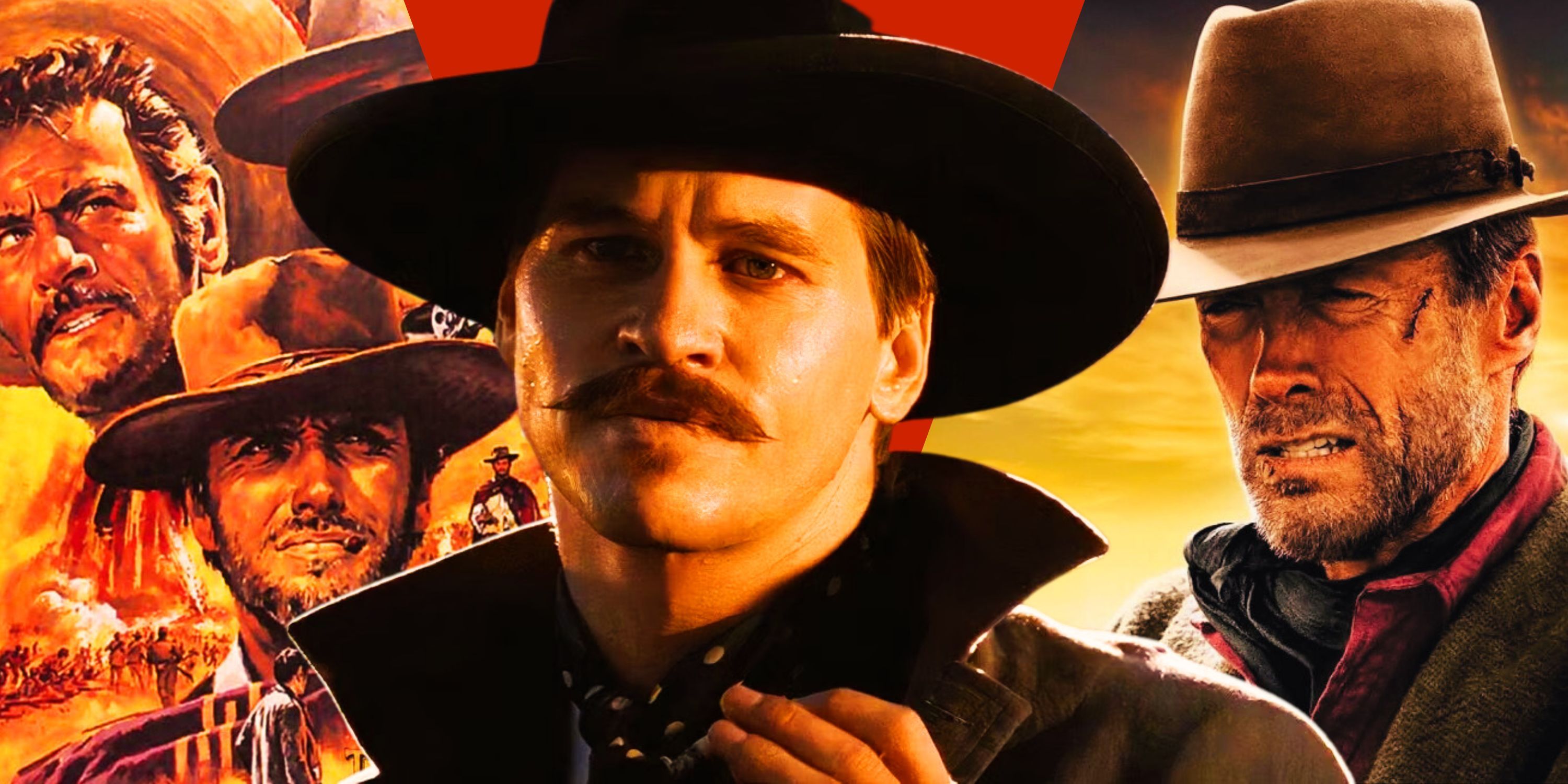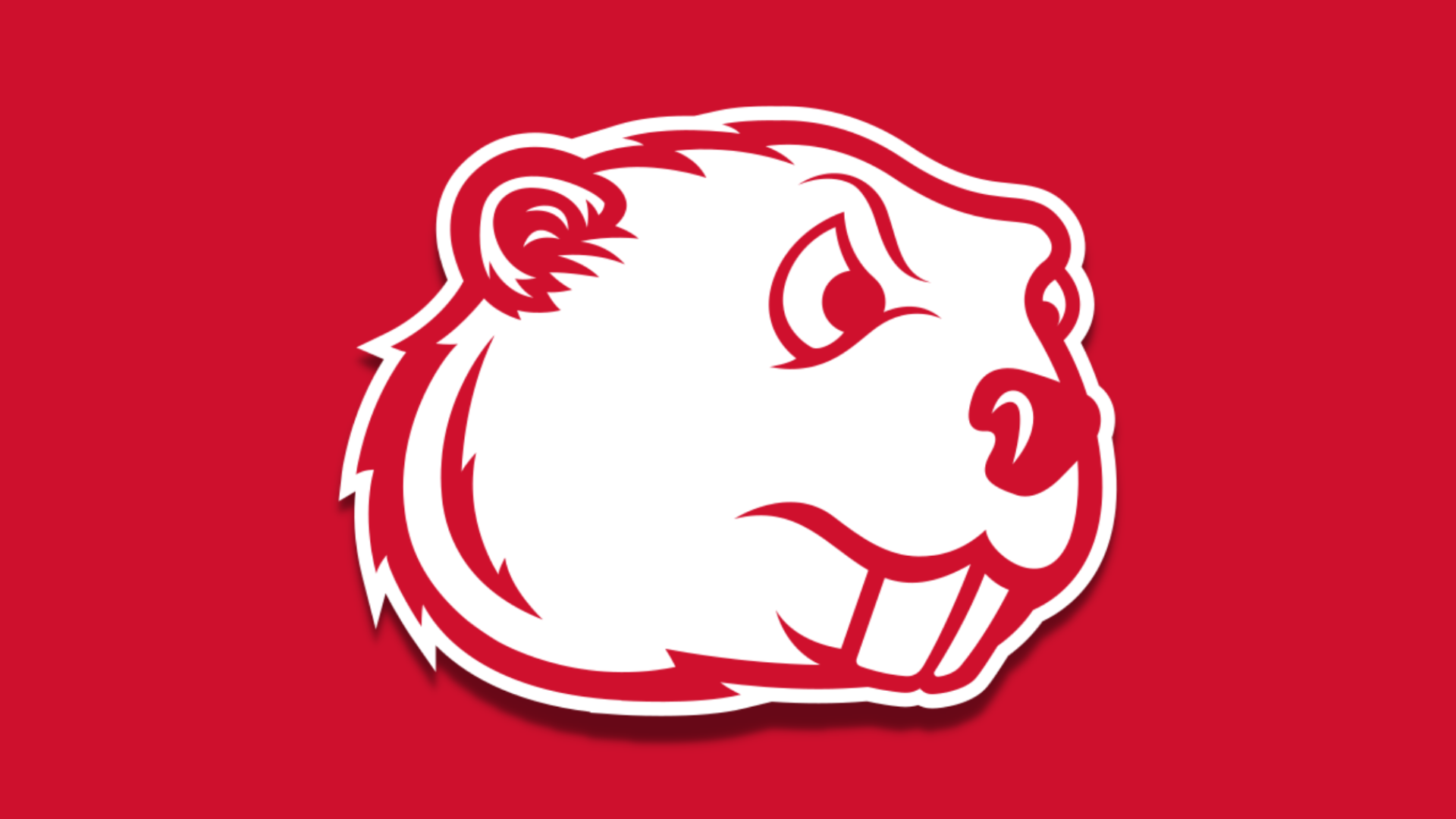In 1993, George P. Cosmatos directed the iconic, star-studded Western action movie Tombstone, which focuses on beloved lawmen Wyatt Earp and Doc Holliday. Focusing on the Earp brothers' feud with the Cowboy gang in Arizona, the movie reeled in a new generation of fans to the genre. One of its greatest successes is actually its script, which has endured for decades as one of the most memorable and quotable in Western history.
Western movies might not be the powerhouse they once were, but the genre still houses some of the greatest scripts ever put to film. From modern blockbusters to 1960s classics, the words of men like Clint Eastwood and John Wayne continue to define the Old West even today. Not every movie captures the attention of audiences, but fans of these Westerns have a healthy dose of great one-liners and monologs to keep referencing.
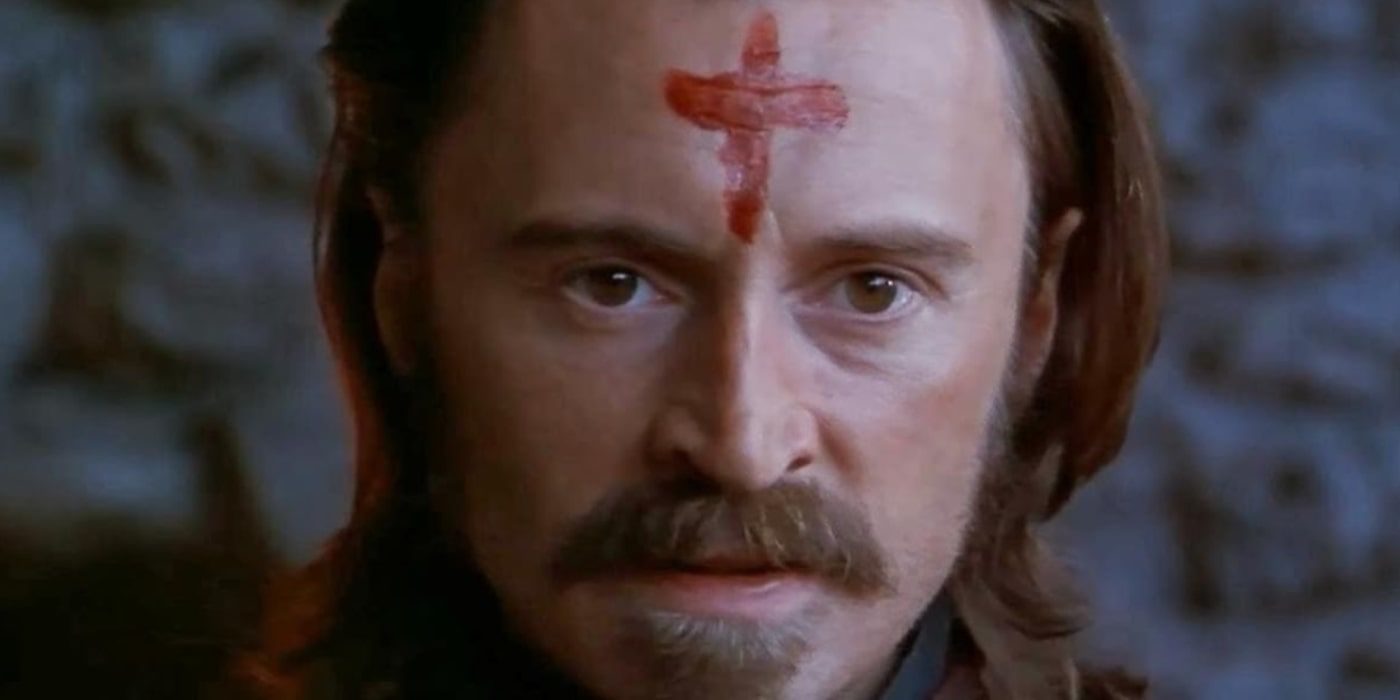
Ravenous follows a US Army captain, Boyd, as he's sent to the remote outpost of Fort Spencer in the Sierra-Nevadas after being accused of cowardice. While there, he and the skeleton crew of soldiers discover a man claiming to have narrowly escaped the clutches of a sadistic, cannibalistic colonel, Ives. When they mount a rescue mission for other survivors, Boyd finds himself standing alone against the menace of Ives as he tries to convert more to his cannibalistic ways.
In Ravenous, it's the moments of dark comedy that provide the most quotable lines, from Ives' "if you die first, I am definitely going to eat you" to the exclamation of "he was licking me!" Even Robert Carlyle's delivery of the simple word "run" is something fans can imitate, and gave the genre one of the most entertaining villains to date. It's hard to top "breakfast, lunch and reinforcements" as the antagonist's campiest line, as well as one of his most memorable. It might not be as known as its peers, but Ravenous is a movie is hard to forget.
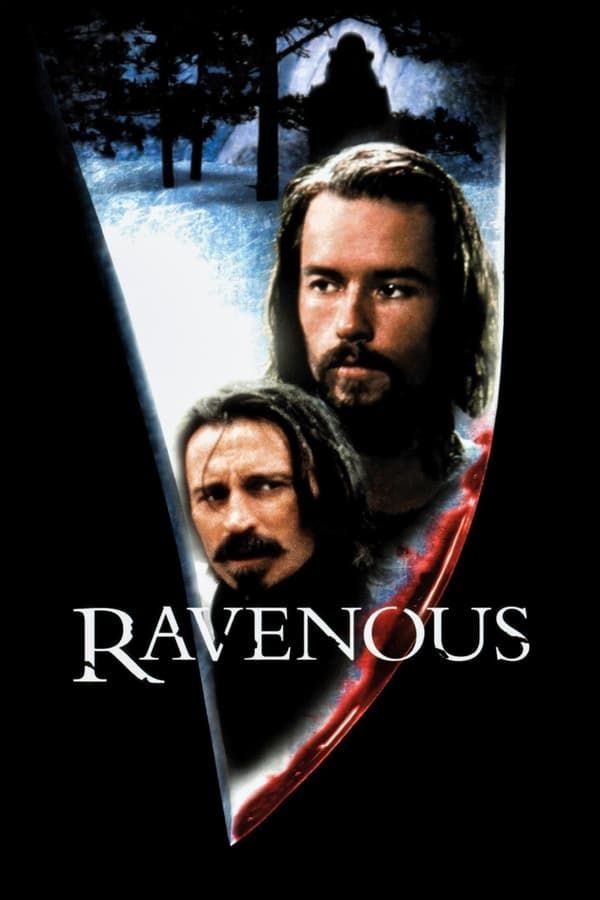
Ravenous
- March 19, 1999
- 100 Minutes
Django Unchained begins when a German bounty hunter, Doctor King Schultz, frees Django from slavery to aid him in his hunt for a trio of outlaw brothers. When Schultz learns Django has a wife in the captivity of a ruthless slaver named Calvin Candie, he agrees to help his new partner in her rescue. Together, they set off for the Candyland plantation to hatch a plan — only to find themselves back into a corner by the villain.
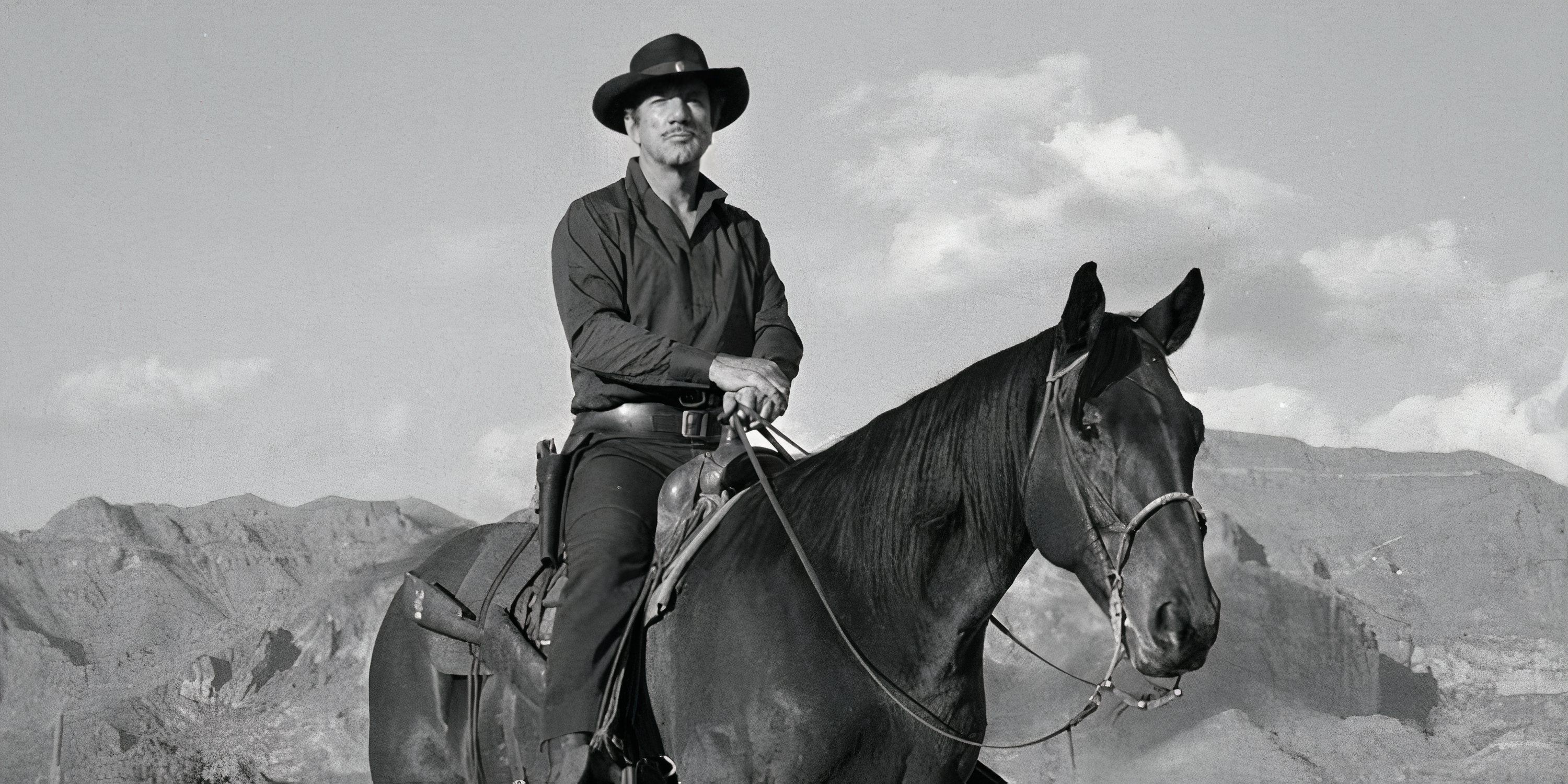
Related
This Landmark Western Paved the Way For Generations of TV Programming — And Deserves Much More Recognition From Modern Fans
Have Gun - Will Travel is a forgotten Western series that not only was one of the first episodic TV shows but also had an influence on Star Trek.
Django Unchained, true to any Tarantino movie, is packed full of memorable one-liners and dialogue, from "I like the way you die, boy" to "I count two guns." It's ultimately the lines from villains Calvin Candie and Stephen that remain the most memorable, with the pair playing off one another like a sitcom couple. The cherry on top is the hysterical KKK scene, which gave fans great lines like "no one brought an extra bag!" to laugh over.
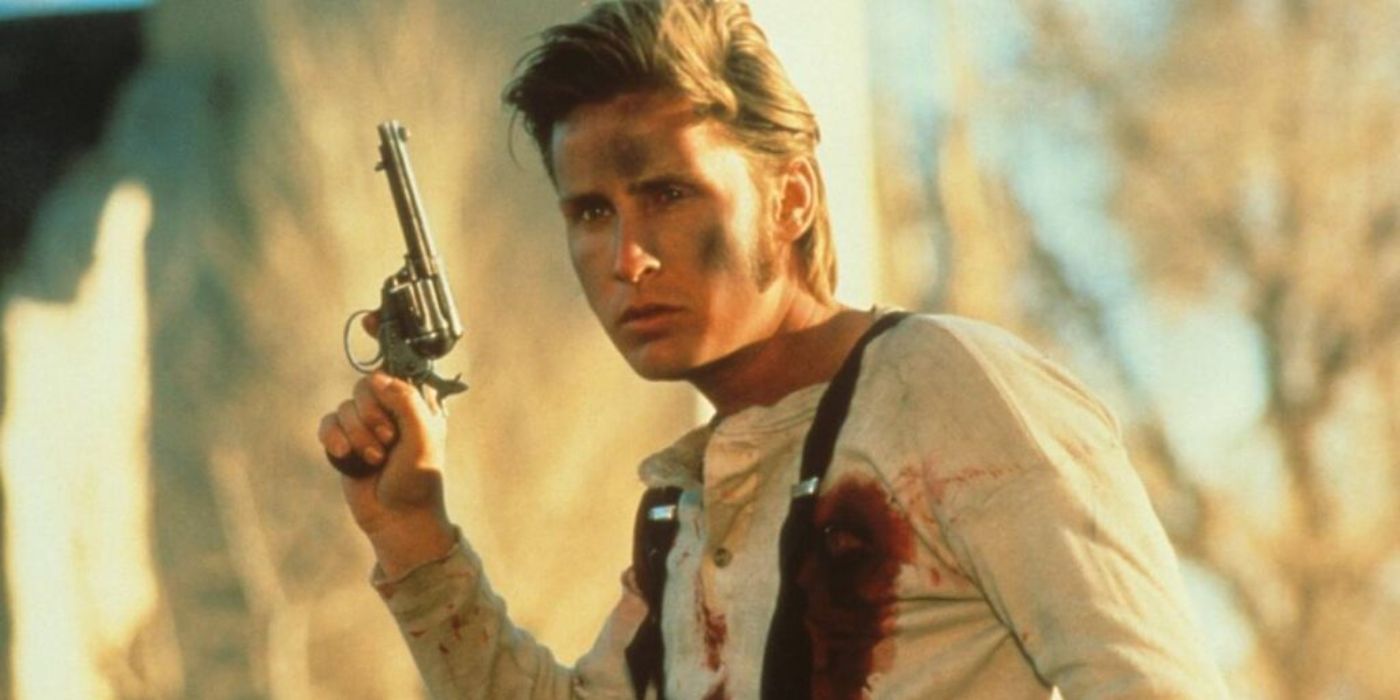
Young Guns begins when William H. Bonnell, Billy the Kid, is taken in by a firm but fair rancher, John Tunstall, who mentors a group of young men. When he's gunned down by rival rancher Murphy, Billy and his new friends are deputized as law enforcement, forming their "Regulators" gang and avenging Tunstall. When their bloodshed gets out of control, however, the authorities try to reign them in, leading to the infamous Lincoln County War.
Even if Young Guns was otherwise full of uninspired dialogue, the rallying cry of "Regulators! Mount up!" would be enough by itself to make it incredibly quotable and memorable. When combined with lines like "reap it, Murphy, you son of a bitch," "get ready for Hell" and "buenos días, shitheads," the movie is a great representation of the rebellious youth culture of the '80s.
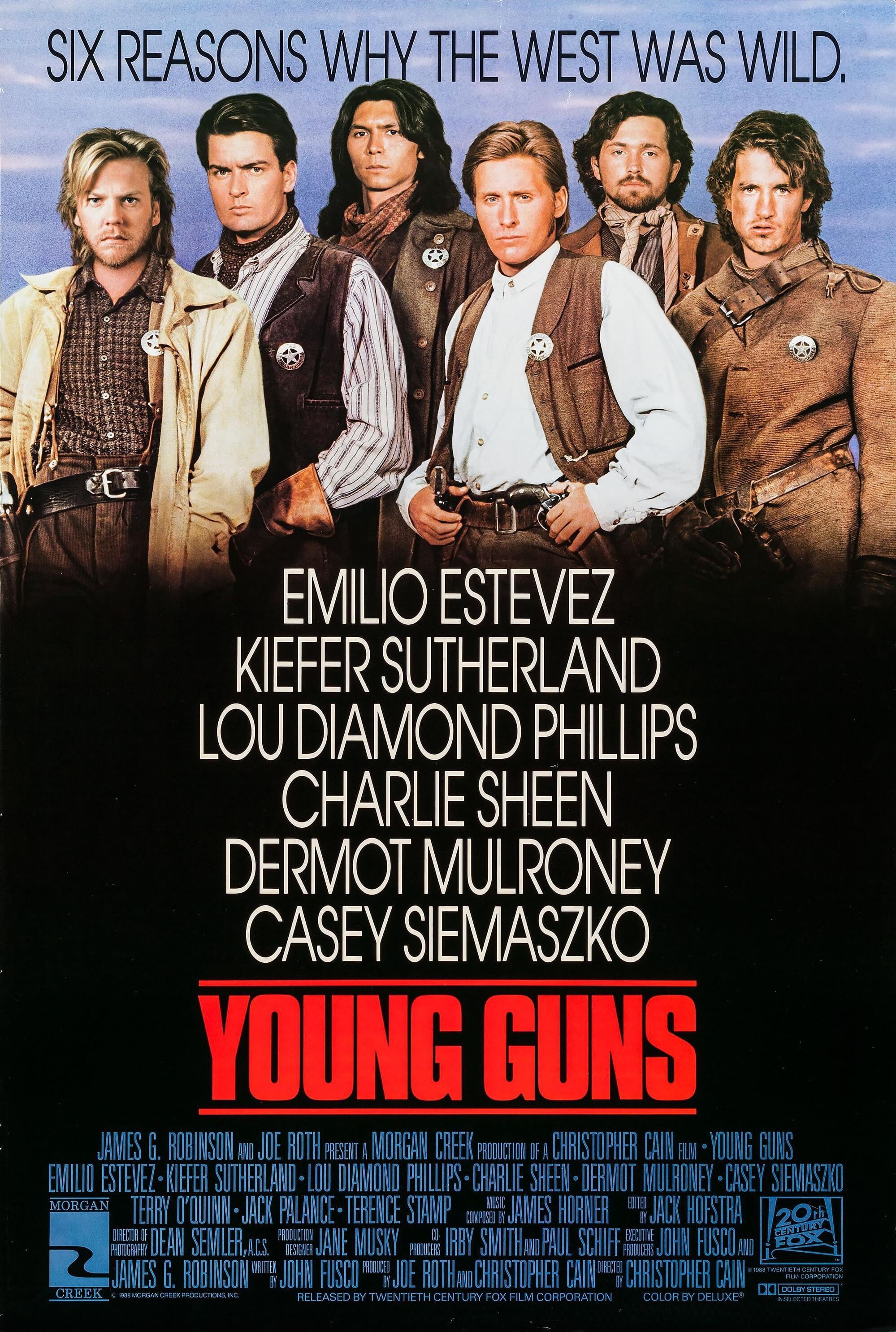
Young Guns
- August 12, 1988
- 107 Minutes
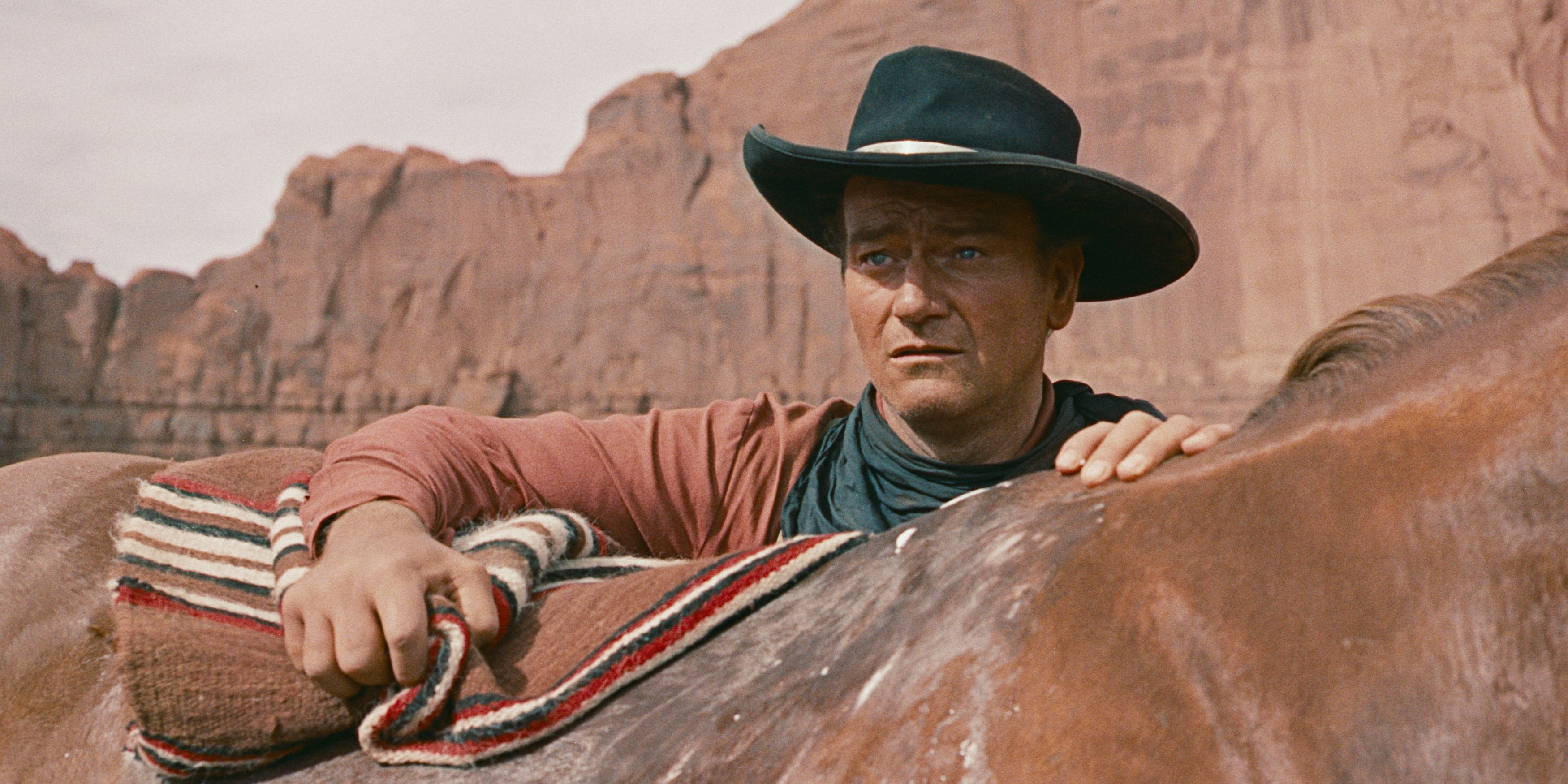
The Searchers tells the story of Ethan Edwards, a Confederate Civil War veteran who, after the massacre of his brother's family, sets out on a mission to rescue his surviving nieces from Comanche. As the years drag on, the hero finds himself almost alone in his search, which becomes even more tragic when he discovers the remains of one of the girls. When the story comes to a head, Edwards leads a posse against the tribe to save his only surviving kin, Debbie.
Perhaps the most enduring quote from The Searchers is John Wayne's famous "that'll be the day," a line that became a defining part of his career, legacy and memory. Other lines like "there's no more time for praying!" and "let's go home, Debbie" helped seal the film's status as one of the true classics of its time and genre. When all else is said and done, Hollywood has found few one-liners that have proved so memorable as the sound of Ethan Edwards' "That'll be the day," perhaps making it one of the most quoted films of the 20th century.
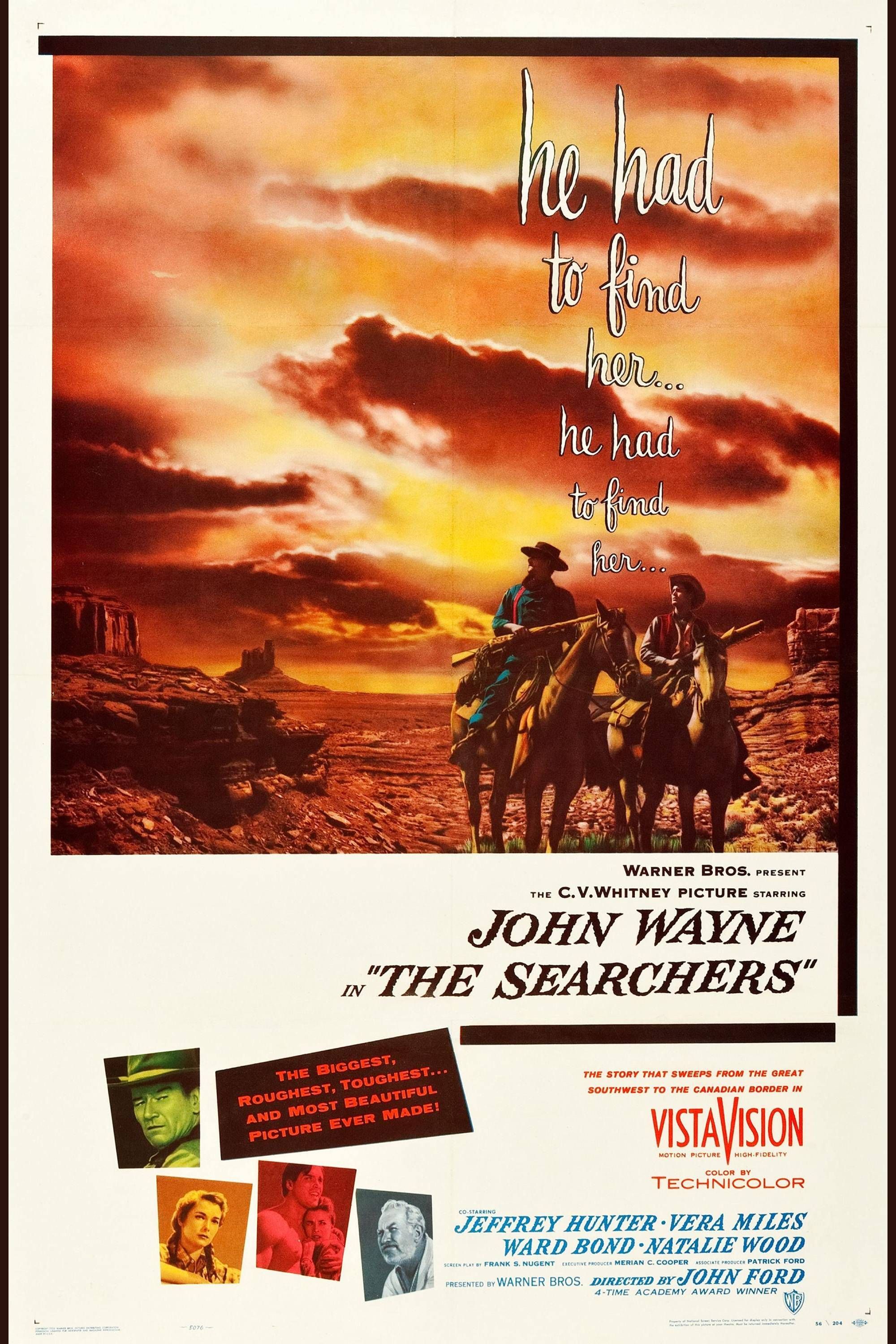
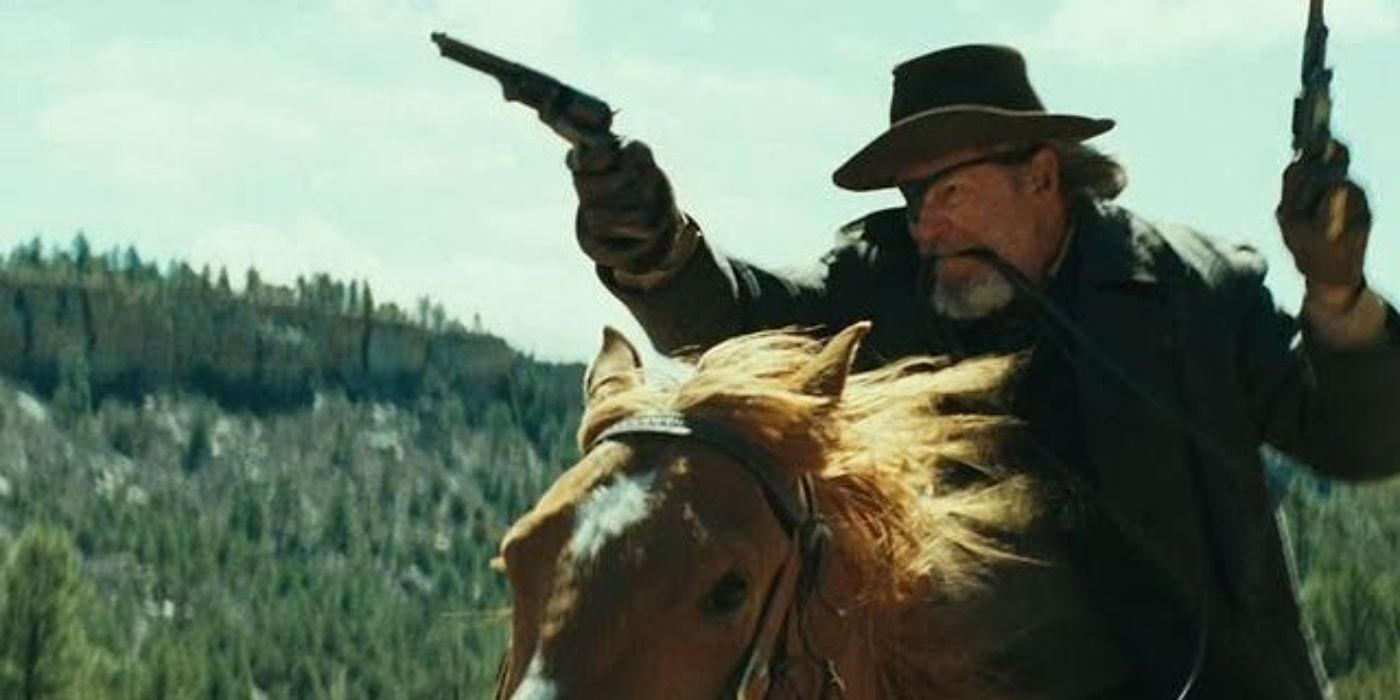
True Grit begins when fourteen-year-old Mattie Ross arrives in Fort Smith, Arkansas, seeking the aid of a Marshal in tracking her father's killer, Tom Chaney. She employs a seasoned lawman, Rooster Cogburn, with a reputation for being trigger-happy, and a Texas Ranger named LaBoeuf joins them. Together, the trio ride out into Indian territory to find the killer and bring him to justice. With its three different heroes, the bulk of the story focuses on how they interact with each other, particularly the antagonism between Rooster and LaBoeuf.
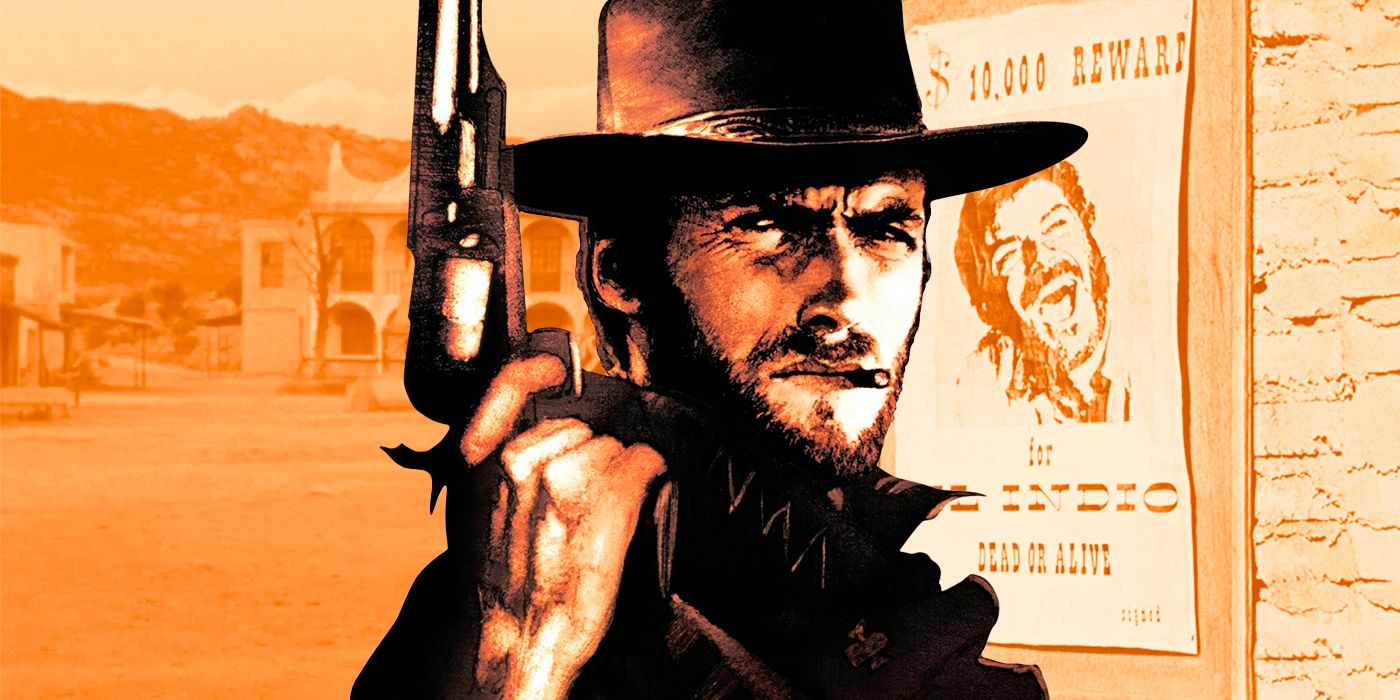
Related
This 61-Year-Old Western Features 1 of Clint Eastwood's Greatest Quotes (& It's Not the 1 You Think)
A Fistful of Dollars is packed with iconic lines from Clint Eastwood, but the best quote comes from only four words.
Based on Charles Portis' genre-defining book, True Grit's best lines come from Rooster Cogburn, with his iconic "fill your hands, you son of a bitch!" summing up his persona as a grizzled, aggressive lawman. Along with lines like "if they wanted a decent burial they should have got themselves killed in summer" and "if it ain't loaded and cocked it don't shoot," he earned his spot as one of the genre's best lawmen.
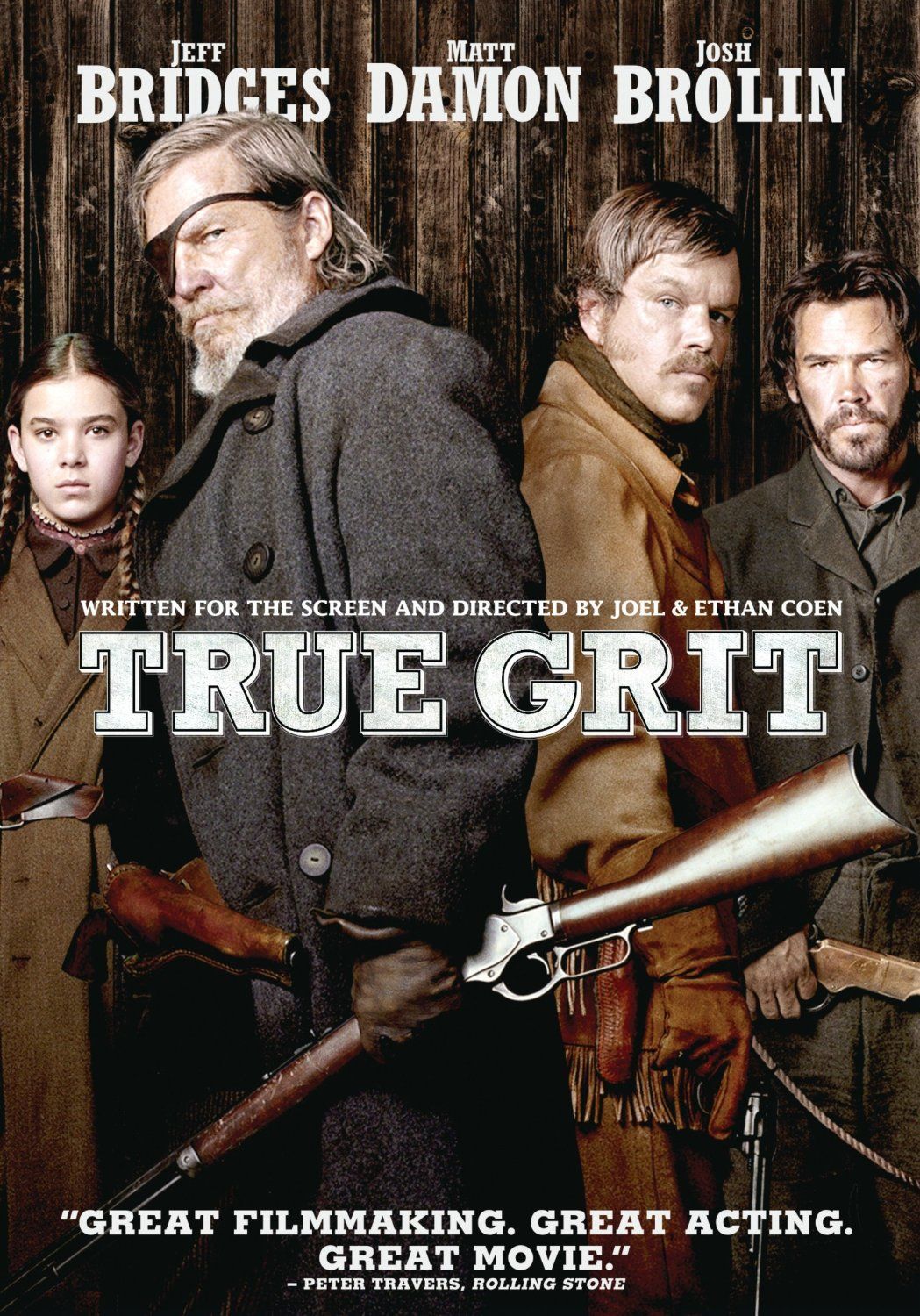
True Grit
- December 22, 2010
- 110 minutes
In 1964, Sergio Leone made both himself and Clint Eastwood a household name when he released A Fistful of Dollars. The story focuses on the famous Man With No Name as he wanders into the town of San Miguel, where rival families war for control. Seeing an opportunity to enrich himself, he plays both sides against each other and, when brutalized by one side, sets up a showdown for revenge.
A Fistful of Dollars' iconic lines start right off the bat, from the minute the Stranger tells the undertaker to "get three coffins ready." Other lines, like Eastwood telling gunmen to apologize to his mule or saying things like "when a man's got money in his pocket, he appreciates peace" helped establish Eastwood as one of the coolest men on TV.
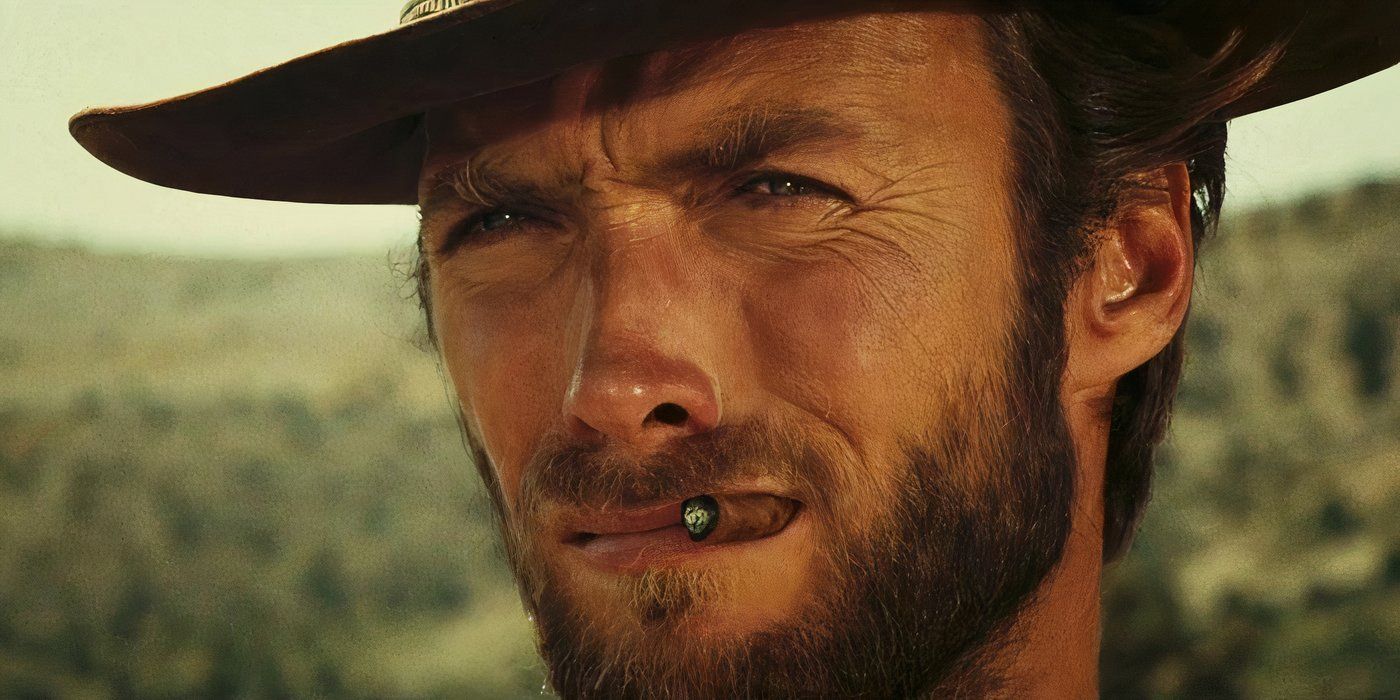
The Good, the Bad and the Ugly follows the Man With No Name in a quest for a buried stash of Confederate gold. Forced to compete with his old partner, Tuco, against a brutal mercenary, Angel Eyes, the bounty hunter and outlaw, make their way through the chaos of the Civil War to find the loot. Taking on rival gunfighters and navigating battlefronts, they close in on the treasure, with each man out for himself at every turn.
The Good, the Bad and the Ugly has some of the greatest lines of any Sergio Leone movie, from the repeated "there are two kinds of people" lines to "every gun makes its own tune." One of the best and most referenced lines from the movie actually comes when Tuco guns down an enemy, stating "when you have to shoot, shoot, don't talk."
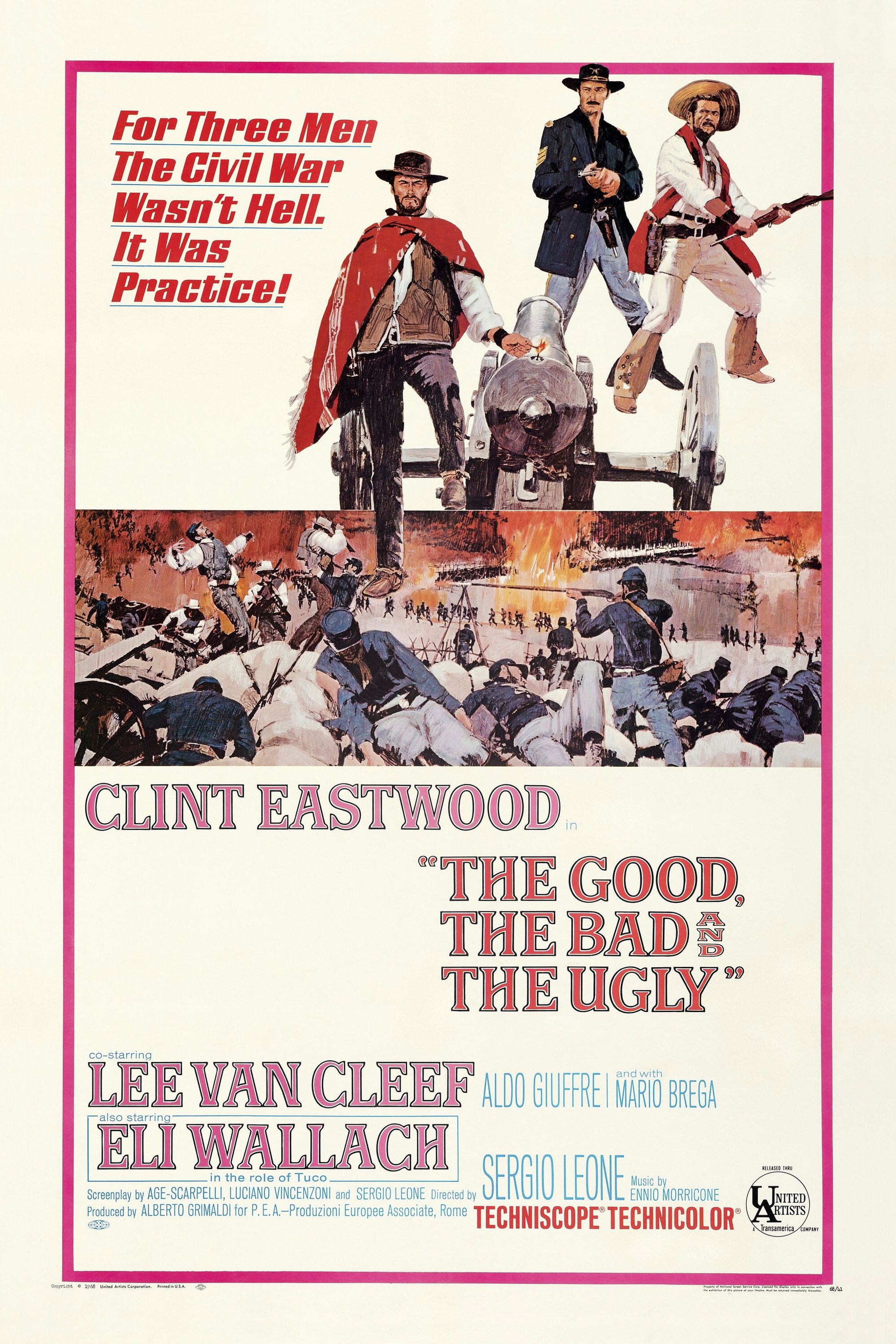
The Good, the Bad and the Ugly
- December 29, 1967
- 161 minutes
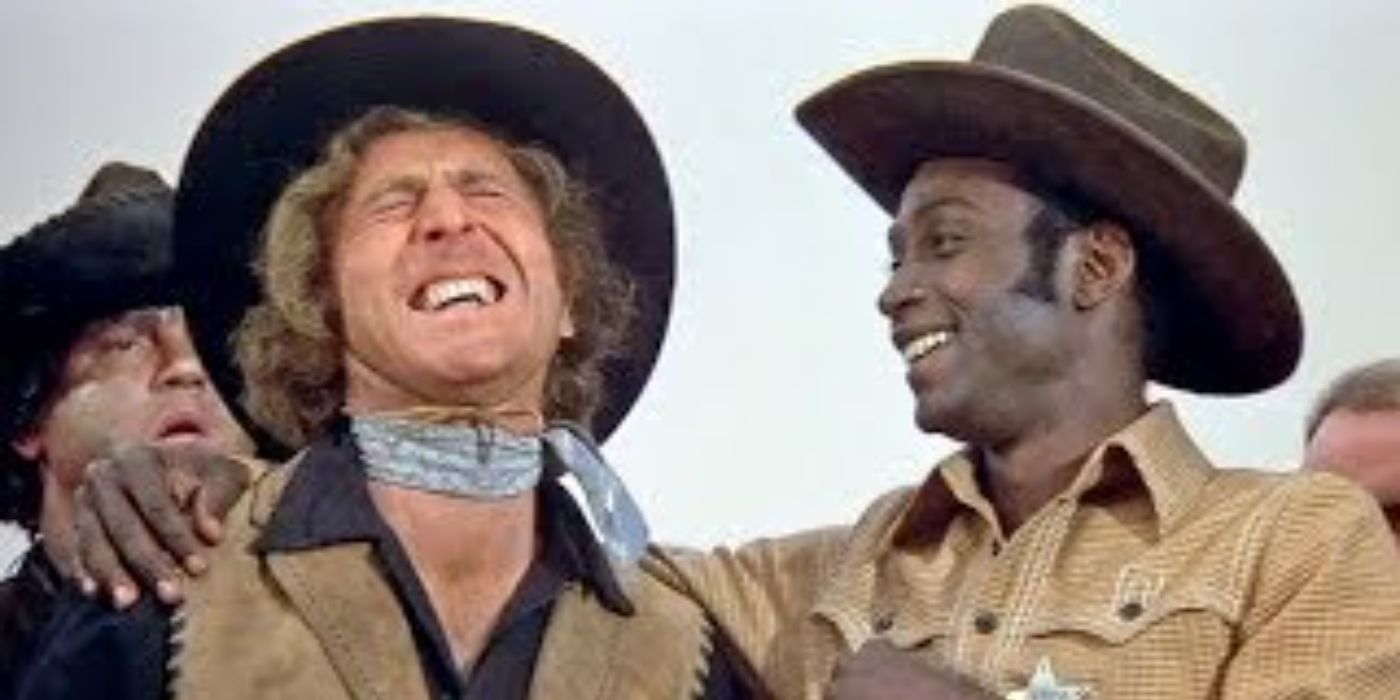
Blazing Saddles focuses on Bart, a black man appointed sheriff of the small town of Rock Ridge by a corrupt politician. After arriving, he faces the harsh racism of the locals amidst a land-grab scheme, turning to a local gunslinger in the drunk tank, the Waco Kid, for friendship. Together, they defend the ungrateful townspeople from a small army of hired guns.
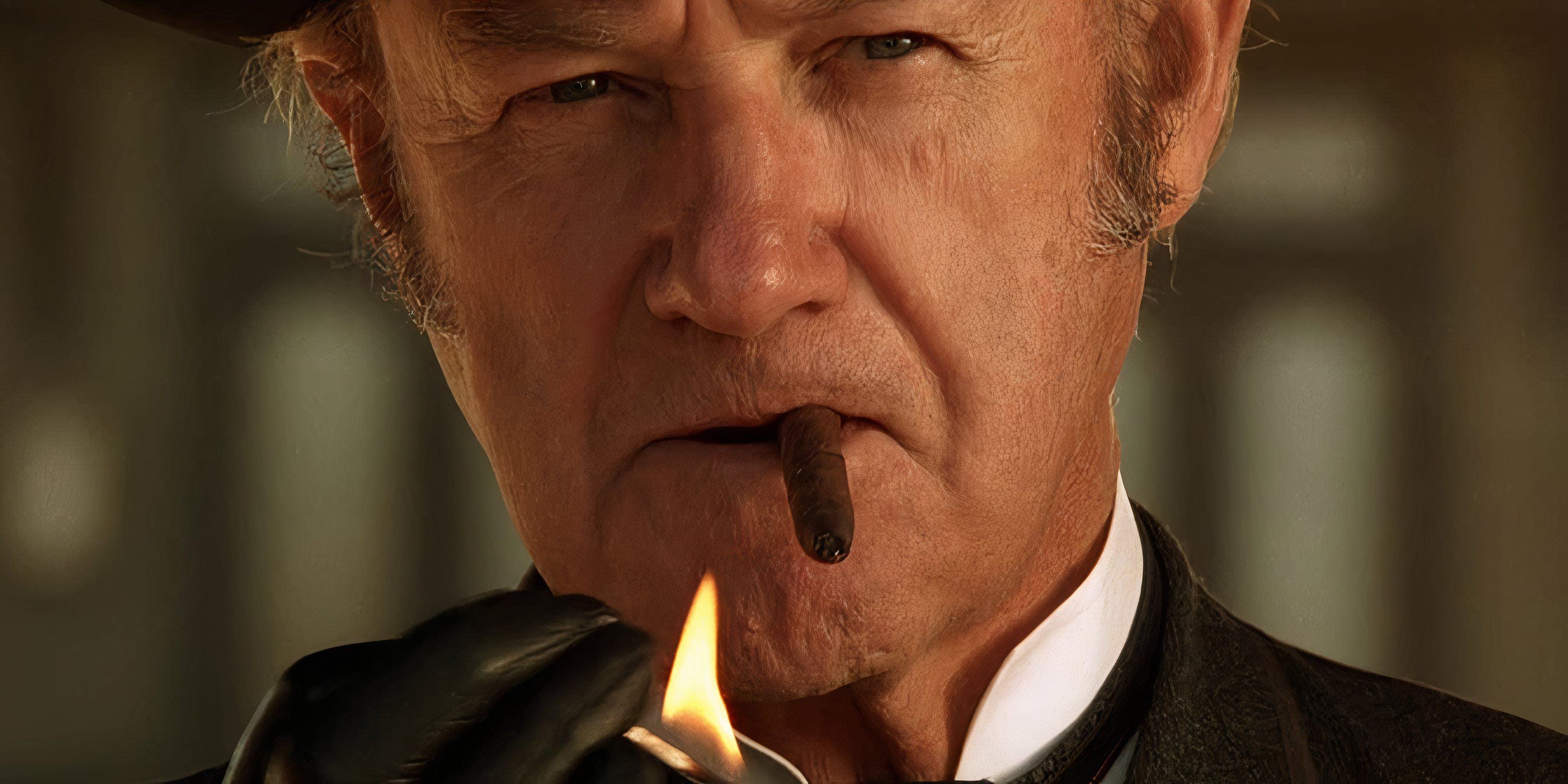
Related
Sam Raimi's Only Western Movie Featured a Career-Defining Performance for Gene Hackman
The Quick and Dead has one of Gene Hackman's best performances and is one of Sam Raimi's best films, so why aren't more people talking about it?
While Blazing Saddles' funniest lines might be offensive, that's what made the movie so great, and has kept its status as one of the greatest offensive comedies ever made. From Gene Wilder's "if you shoot him you'll just make him mad" to Cleavon Little's lines like "hey, where the white women at?" as a taunt to the KKK. Even supporting characters bring some great lines, famously including "Mongo only pawn in game of life."
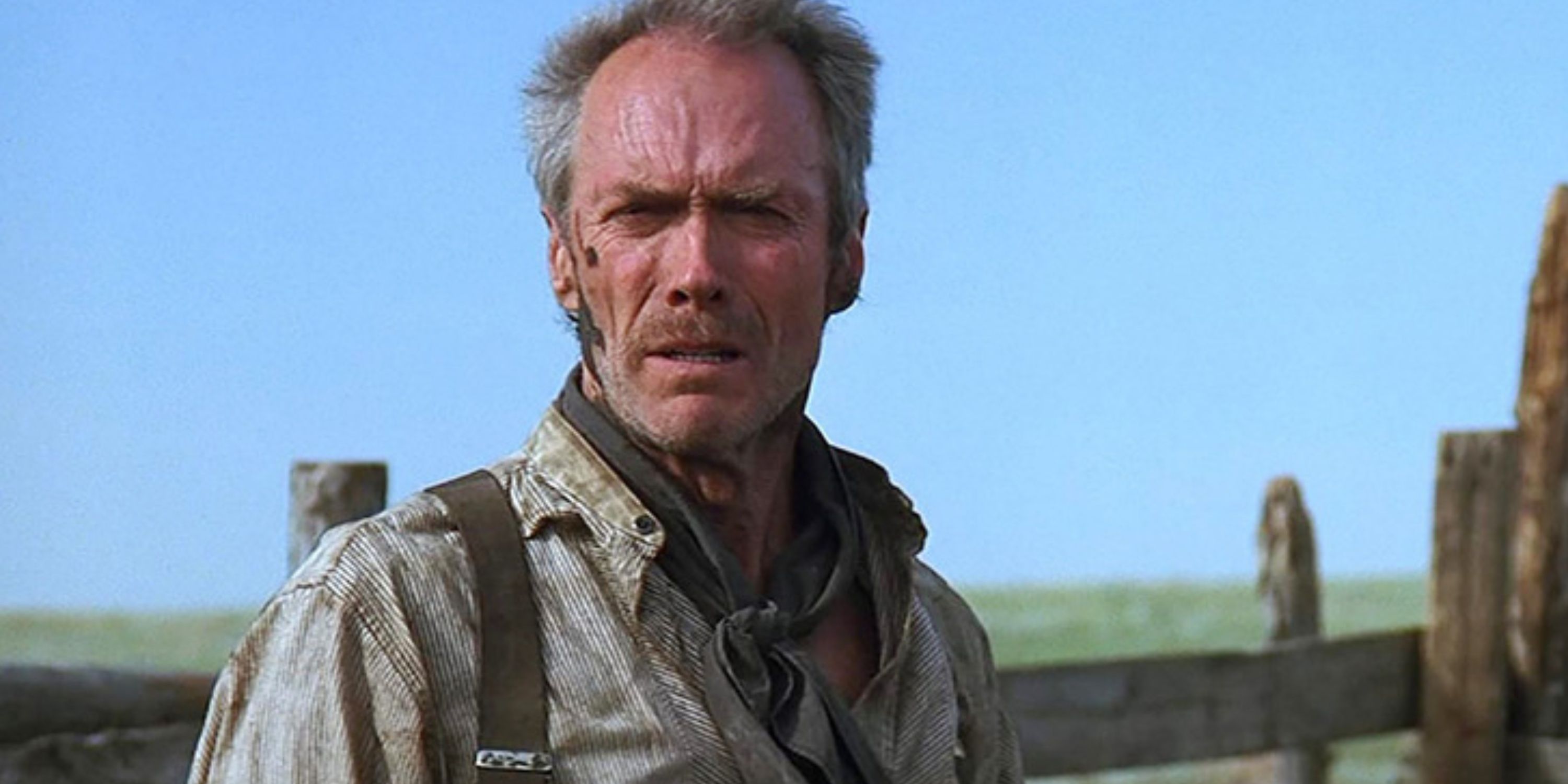
Unforgiven focuses on a retired gunfighter, Will Munny, who joins an up-and-coming bounty hunter in taking on a bounty to avenge an injured prostitute. Along with his old friend, Ned Logan, Munny soon makes an enemy out of the town sheriff, Little Bill Daggett. When the lawman attacks them, Munny is driven to revenge, culminating in a showdown with Daggett and his posse.
Unforgiven helped define Eastwood's more modern persona, as well as his perspective on the Western genre as he deconstructed its violent nature. Lines like "deserve's got nothing to do with it" and "we all got it coming, kid" perfectly sum up the tone and message of the story. Virtually every one of Munny's scenes contributes at least one excellent quote, and Gene Hackman's Daggett has no shortage either.
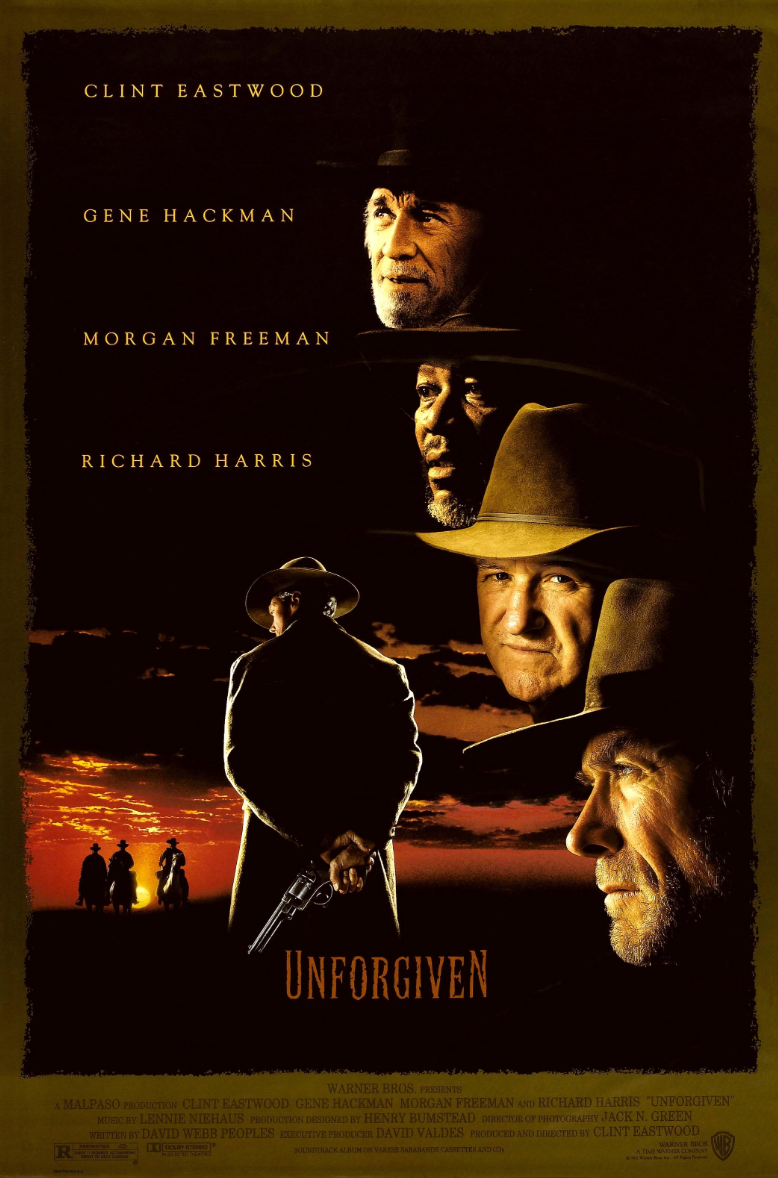
The Outlaw Josey Wales tells the story of a Southern farmer, Josey, as he's driven into the arms of the Confederacy following the murder of his family by Union militia, the Redlegs. After his unit is gunned down following their surrender, Wales is the last man standing, beginning a journey to Mexico for sanctuary. Hunted by Redlegs and bounty hunters, a growing number of companions joins him along the way, culminating in an epic last stand. At almost every turn, Wales delivers some of the best, most genre-defining lines of all time.
From "dying ain't much of a living, boy" and "trouble seems to follow a man" to "when I get to liking someone they ain't around long," Wales' cynicism fills him with great lines, some with a healthy dose of Western wisdom. While the Man With No Name might be Eastwood's most quotable hero spread out over three movies, Josey Wales gave him more iconic quotes in a single movie than anything else. Even Eastwood aside, characters like Ten Bears also lend the movie excellent dialogue, such as "it's sad that governments are chiefed by the double tongues." After enough viewings, the film almost feels like it was made to be the most quotable Western ever made.
